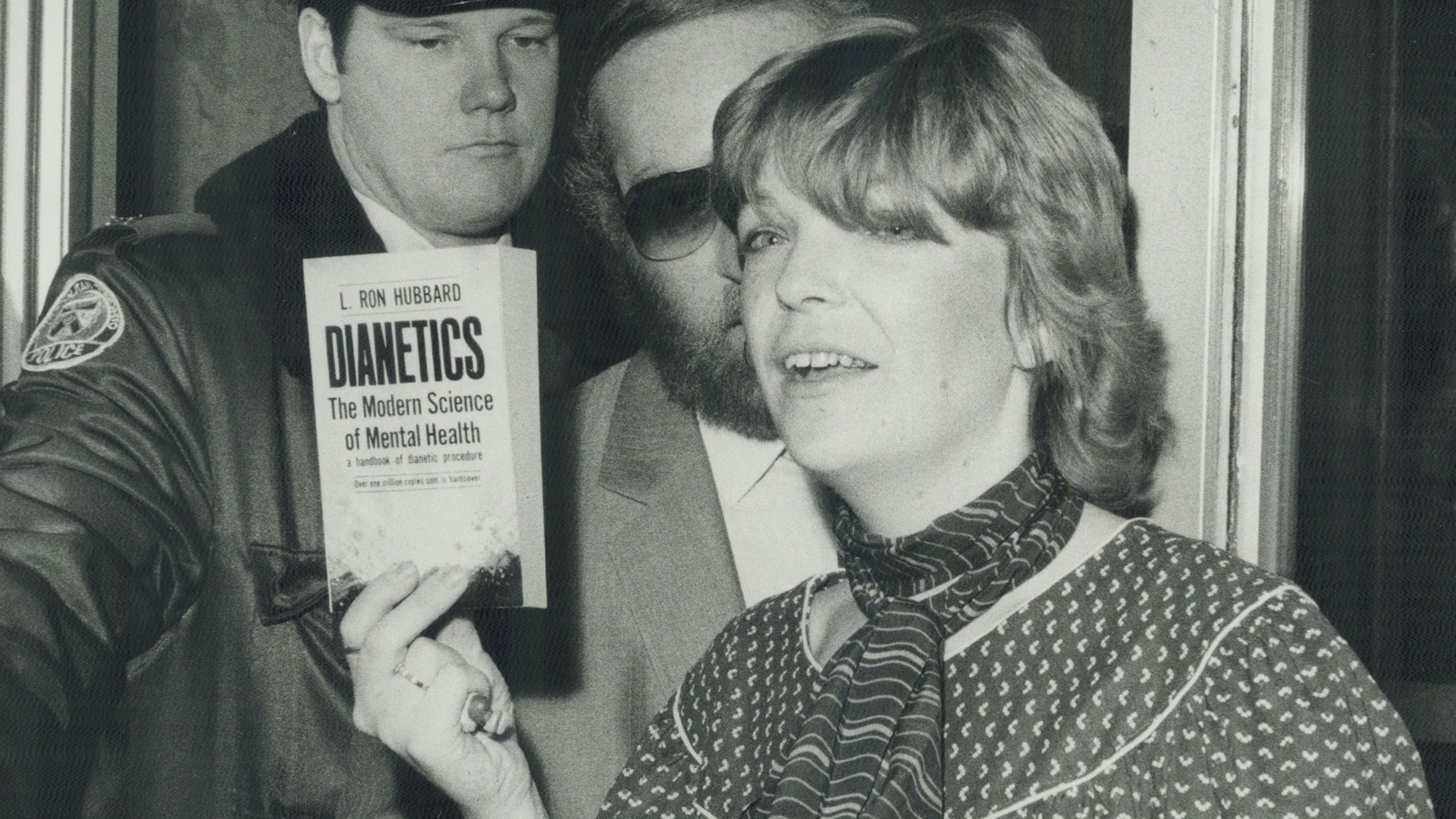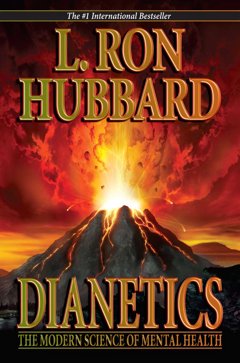Not known Details About Dianetics
Table of ContentsDianetics Can Be Fun For EveryoneDianetics for DummiesSome Known Questions About Dianetics.Dianetics Fundamentals Explained
I could not ever before not intend to receive anything that comes to mind for you- if it was otherwise, I would not be resting here with you, doing this. I not only could never have a problem, or not desire to listen to something that enters your mind for you, but I'm completely anxious to understand every concept, every thought, every image or feeling that emerges or shows up for you- do not ever before think otherwise, and if for one reason or another you do, please just let me understand! Often, you might have an idea, and picture, idea or occurrence appear that does not seem to respond to the question, or connect to it, however however, always do tell me regarding it, and as we continue, the significance will arise for you.This is integral in the basis of processing, and the subject of this discussion: the fundamental roles of the counselor and the customer: The basic function of the counselor is, unlike "typical training", not to manage, which suggests to impose and/or hinder, but to rather function from the basis of EMPOWERING THE CLIENT.

Dianetics Can Be Fun For Everyone
John Mcmasters shared this fundamental fact incredibly well in among his lectures on Power processing, where he explains exactly how he was asked what this "unique flair" was that he had for providing such terrific sessions; he needed to think of that for a minute, and spotted that it was what he wasn't doing, in addition to what he was doing: he had not been evaluating, judging, computer, or actually, generating any thoughts, allow alone spoken expressions, after giving the command and while waiting for the PC to finish their solution to their fulfillment; he was, merely and just, being existing with the PC, and completely interested.
The role of the therapist, demonstrated; that was his "special knack". I have had my own experience which instructed me this well, extremely early in the video game. In 1982, having actually lately completed my training and internship on New Era Dianetics, I was running this on a PC, and there was a factor in the session where (being a little bit damp behind the ears not yet having several hours under my belt as a specialist auditor) the computer appeared to be "taking as check my source well long" to express anything verbally after I offered him a command.
This secret became the most beneficial contribution that John ever before made to the topic of treatment or auditing (Dianetics). In my humble opinion, it is the best contribution that anyone has ever made to these subjectsthe application is totally non-judgemental, non-evaluative, and without any idea, guidance or opinion.no preconditioned agenda for individuals, or 'degrees' that they must do
In Idenics, the only source of details concerning a customer is the private customer. In Scientology we prided ourselves on not evaluating for people. All that actually suggested was that the auditor did not VERBALLY review for the PC in session. The registrars and ethics officers evaluated for the computer.
Some Known Details About Dianetics

Anybody that had actually ever seen John audit can not assist yet see an one-of-a-kind top quality in his auditing."The client's basic role is to be there with the objective of relocating the direction of their spiritual goals, and to easily and totally reveal and experience whatever manifests for them in addressing the questions and carrying out the instructions in the handling.
This is something to process as needed. Additionally, people frequently read what he said have previous experience and/or brainwashing in auditing/processing which, in some means, and to some degrees, in fact misinforms them right into mindsets, concepts and behavior patterns that prevent the complete realization of these functions, and so they will certainly tend to hinder the expressing of what comes to mind, as in the examples provided above - Dianetics. * The initial, and probably foremost examples of mis-indoctrination leading to much less than entirely smooth and effective sessions, can be discovered in particular aspects of the training routines, or "TR's":"TR's" are frequently an individual's very first, or at least early, experience in Scientology, and while I will certainly take place to discuss what I see as the imperfections in concept and technique, nonetheless, often tend to be considerably therapeutic, done as they are given (Hubbard urges that "TR's are not processing, they are training", however factually, they are both handling AND training)
There is no "failing", and no rejection of the fact of this being handling. The focus, as it must be, is on experiencing the other person's visibility.
How Dianetics can Save You Time, Stress, and Money.
